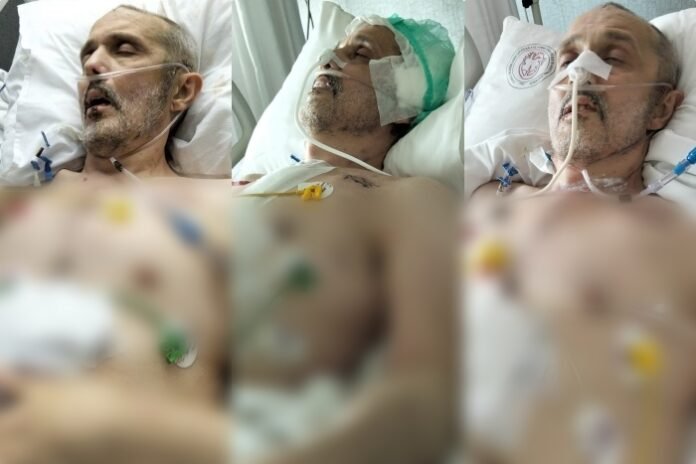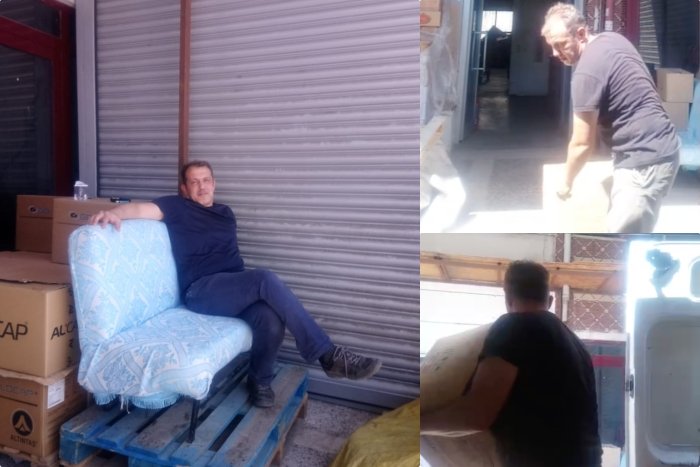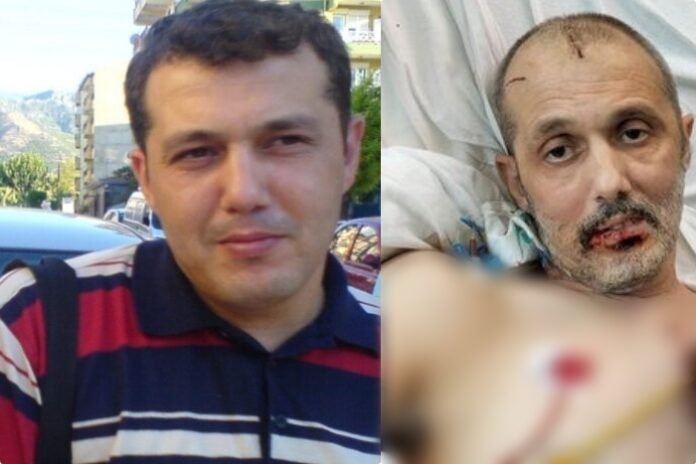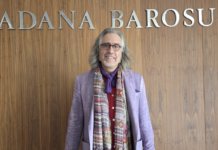Photos from the final days of a former teacher who died in a hospital in September following a heart attack in Kütahya Prison and accounts of his relatives reveal the human toll of Turkey’s post-coup purge targeting followers of the Gülen movement.
In the photos published by the TR724 news website, Cafer Ongun, who was known for his physical fitness and passion for bodybuilding, is almost unrecognizable after years of persecution, neglect and inadequate medical care.

Ongun was fired from his teaching position by a government decree following an attempted coup in Turkey in 2016. He was first arrested in March 2017 and released eight months later. A court later sentenced him to six years, three months on terrorism-related charges, and he was rearrested in November 2023.
The charges were based on alleged membership in an association linked to the Gülen movement, using the ByLock messaging app and having an account at the now-closed Bank Asya.
Turkish President Recep Tayyip Erdoğan has been targeting followers of the Gülen movement, inspired by the late Muslim cleric Fethullah Gülen, since corruption investigations in December 2013 implicated him as well as some members of his family and inner circle.
Dismissing the investigations as a Gülenist coup and a conspiracy against his government, Erdoğan began to target the movement’s members. He designated the movement as a terrorist organization in May 2016 and intensified the crackdown on it following the abortive putsch in July of the same year that he accused Gülen of masterminding. The movement strongly denies involvement in the coup attempt or any terrorist activity.
Since the coup attempt, the Turkish government has accepted such activities as having an account at now-shuttered Bank Asya, one of Turkey’s largest commercial banks at the time; using the ByLock messaging application, an encrypted messaging app that was available on Apple’s App Store and Google Play; and subscribing to the now-shut-down Zaman daily or other publications affiliated with members of the movement as benchmarks for identifying and arresting alleged followers of the Gülen movement on charges of membership in a terrorist organization.
Ongun suffered a heart attack in Kütahya Prison in May and was hospitalized. His condition deteriorated and in June he underwent cardiac surgery at İstanbul’s Siyami Ersek Hospital, after which he suffered an embolism in intensive care, leaving him paralyzed. He also suffered another heart attack and remained in intensive care for a month before passing away.
According to his relatives, Ongun endured severe hardship after his dismissal. He worked as a porter hauling loads to provide for his family. During his first detention, he was held in a four-person cell shared by 16 inmates.

Upon his second arrest, already in poor health, he was denied regular medical check-ups and medication despite a doctor’s report. His health rapidly declined in Kütahya Prison.
During his heart surgery in İstanbul, doctors reportedly gave him a 1 percent chance of survival. He suffered a cerebral hemorrhage during the operation. Doctors then issued him a disability report, recommending his release on medical grounds.
Family members said Ongun was guarded by five gendarmes during his hospital stay and was sometimes handcuffed to the bed.
According to Law No. 5275, the sentence of a prisoner who, due to a serious illness or disability, is unable to manage life on their own under prison conditions and who is not considered a serious or concrete danger to society, may be suspended until they recover. However, the stipulated suspension of the sentence is often not implemented.
The Human Rights Association (İHD) says more than 1,400 sick prisoners are currently held in Turkey, including hundreds in critical condition. Complaints include delays in taking inmates to hospitals, inadequate treatment in prison infirmaries and forensic reports that allow seriously ill detainees to remain incarcerated.
Turkey recorded 709 deaths in prison in the first 11 months of 2024, according to data from the Ministry of Justice shared in response to a parliamentary inquiry.
According to the latest figures from the Justice Ministry, more than 126,000 people have been convicted for alleged links to the Gülen movement since 2016, with 11,085 still in prison.















